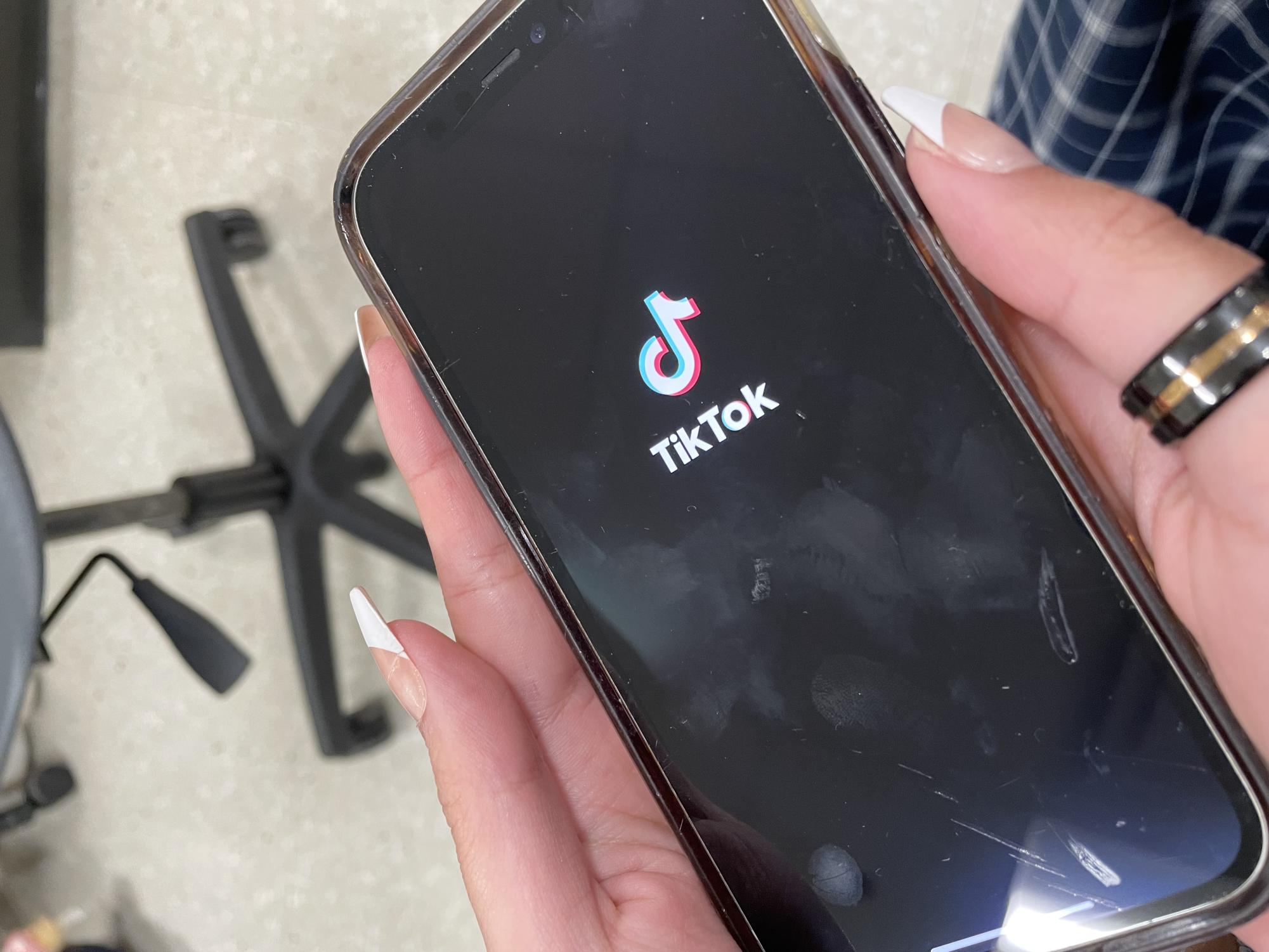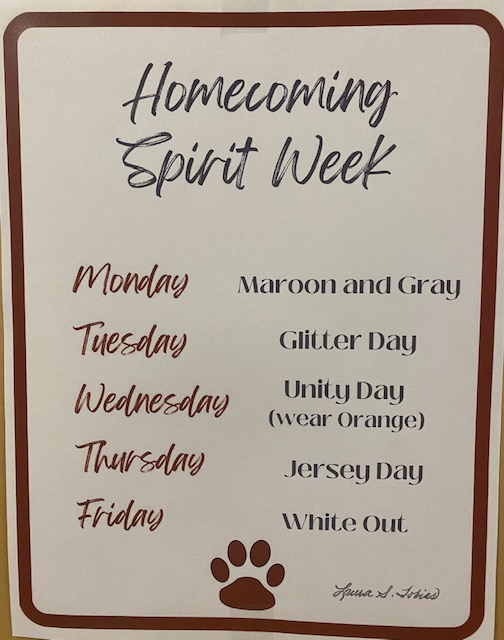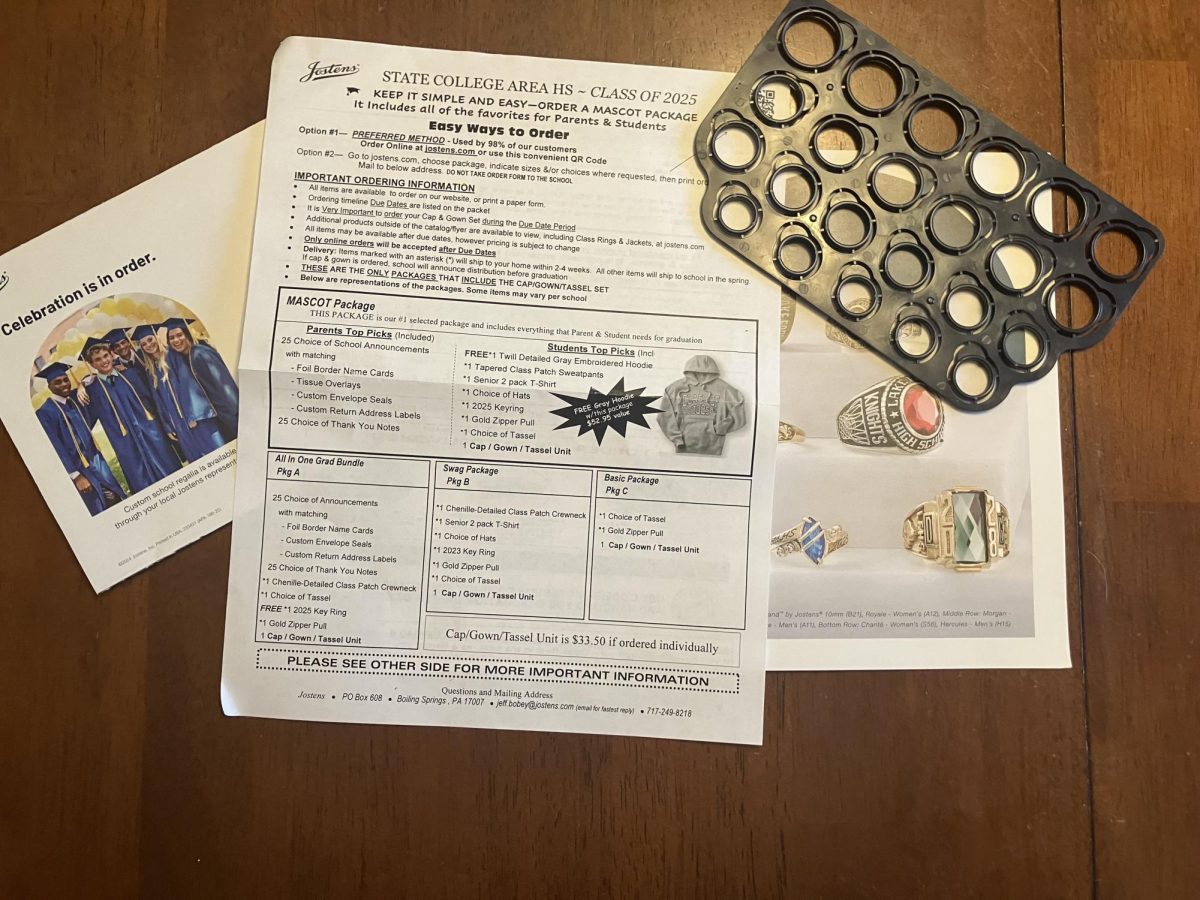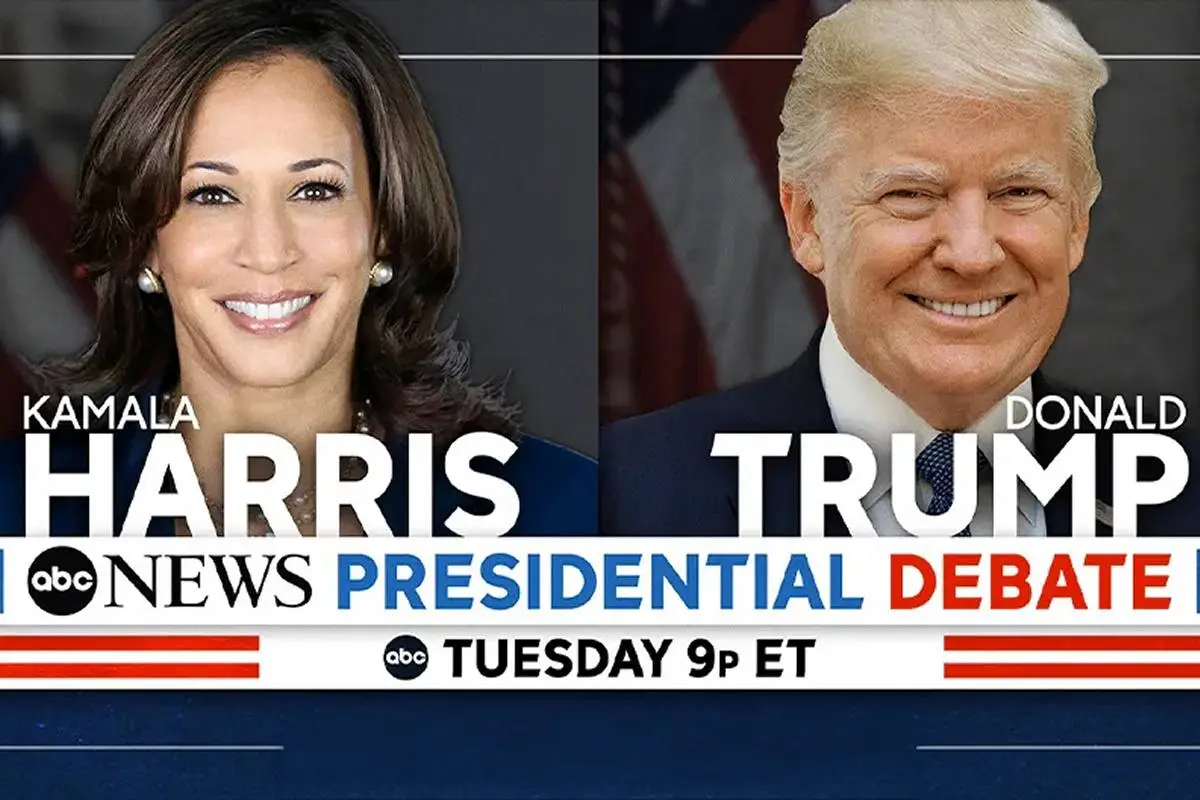As the United States suffers through a drug, housing, inflation crises, the United States congress met on Wednesday, March 13, to vote on a regulation that would determine if the social media app TikTok should be banned.
TikTok is an entertainment media app that allows creators to create and post videos that are of smaller duration. The app was launched by the Chinese-owned internet company ByteDance in 2016. Now, Harvard alumnus Shou Zi Chew has been the CEO since early 2021.
With early discussions about the banning of TikTok, Shou was questioned by US Congressmen about his citizenship, true national identity, and if he was involved with the Chinese Communist Party (CCP), to which Shou simply responded, ‘Senator, I am Singaporean.’
The racist undertones of grouping East Asians together were on full display on March 13. Not only has the US proven to hold faults when regulating its priorities, it has also, yet again, proven to be inconsiderate and racist.
The United States government believes that the social media app has ties with the CCP and has been sending them private and sensitive user information which results in harming the National Security.
However, the government fails to realize that there are more important things to tackle in our nation rather than a social media app.
“Our country has a lot of issues and TikTok is not one of them […] guns, drugs, mental health issues, which can have correlation to social media, I get that, but there are far more pressing concerns [than TikTok] like youth suicide, issues regarding LGBTQ+,” government teacher Andy Merritt said.
Firearms are the leading cause of death for the youth in the United States. We are reaching a close million on the number of deaths caused by drug overdose in the past 24 years, according to the NCDA. The United States has found itself in a mental health crisis with lack of resources, research, and proper treatment. Since 1941, youth suicide is the highest it has ever been in 2023, according to the CDC. Anti-trans bills are being introduced to Congress by the day with conversation to criminalize same-sex marriages.
Bills that also address foreign relation issues such as the Cuban Embargo or sending aid to countries facing hostility are gathering dust in Congress, whereas a social media app is awarded with priority.
“There are a billion other things that we could be focusing on right now. There are a lot of things going on in other countries that we also need to worry about, Israel and Palestine, Russia and Ukraine. It feels like we’re getting away from that stuff to focus on something that doesn’t really matter,” junior Raya Wolyniec said.
It is almost hurtful to the citizens of America as they realize that the government does have the ability to work sufficiently, get bills passed, and let action happen, but their potential is being wasted on bills that are not merely as important as others proposed in Congress.
The government’s action to ban TikTok can be wrongfully observed as an action of precaution to prevent the youth from being addicted to such entertainment apps that can in turn cause mental health issues. While questioning Shou in earlier discussions in Congress, the Senators did not ask a single question or portray any worry regarding the pessimistic effects this app can have on the youth.
“If they approach us with ‘Hey, we’re really worried about what this could do to our youth.’ I’d say, ‘Okay’, but that isn’t the case. In fact, they don’t do that on a lot of issues that kill our youth. They tend to say ‘We can’t do anything about that’. I think there are misplaced priorities,” Merritt said.
Moreover, constitutionality also comes into play when we discuss the TikTok ban. The first amendment gives a citizen the right to free speech and free expression. Taking this app away also takes away the right for citizens to express themselves in social media.
“I think it is [an infringement of our first amendment rights]. You as a user have the right to use it or not use it, the right to post or not post,” Merritt said.
A user also makes the conscious decision to download the app and agree with the terms that come with downloading this app.
“It’s up to the individual to decide if they want to be on TikTok and they are okay with their data being on there. I mean, you agree to all the terms and conditions when you get the app. That’s an individual decision not a government decision,” Wolyniec said.
‘Where do we draw the line with the government?’ is a question that can be asked. The government does not have the authority to regulate what a citizen has on their phone and what a citizen can do when it comes to social media and their choice of entertainment.
Not only is TikTok a way of blowing off steam and entertainment, it is also a living for many citizens. People have advertised their products and businesses on this social media platform and have simply made a living from posting. Banning this app will cause financial distress to such users whose entire income is dependent on their role in the app.
Lastly, hypocrisy also comes into play. The US government’s concern of the CCP stealing American data can reflect that worry that US citizens show towards the US claiming their data.
“Currently the US government is scooping up all our data anyway, right? Recently I’ve had a student say, ‘I would much rather a government who doesn’t know me have my data, than a government who does know me have my data’, and that’s a really good argument,” Merritt said.








